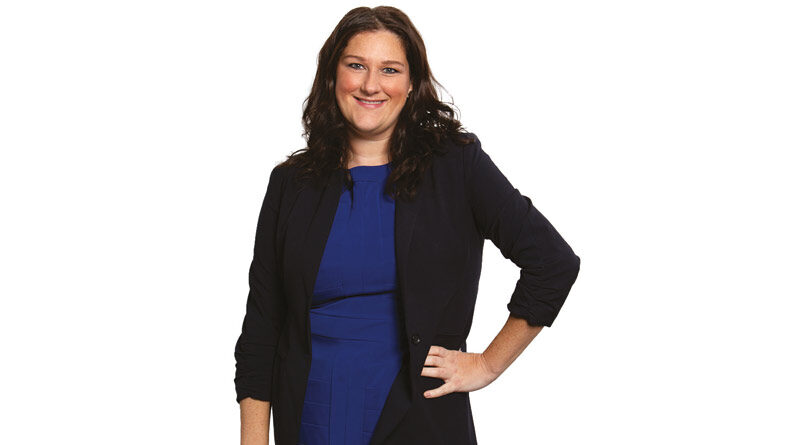Why Safeguarding Doesn’t Just Apply to Children and Young People
By Legal director Kate Oliver specialising in regulatory and safeguarding law at Gateley (www.gateleyplc.com/services/safeguarding/)
For ‘regulated activities’ such as adult social care, safeguarding is non-negotiable. But are all care professionals aware of this? And how can they use it to embed best practice? Kate Oliver of Gateley explores the obligations of a regulated activity provider, post-pandemic.
Most people associate ‘safeguarding’ with protecting the health and welfare of children and young people. While not incorrect, this is not the full picture. Any activity defined as a ‘regulated activity’, according to the Safeguarding Vulnerable Groups Act 2006, carries legal safeguarding obligations, and serious ramifications for not meeting them.
Many activities involving vulnerable adults are also defined as regulated. Broadly speaking, they sit within one of six categories: providing health care; providing personal care; providing social work; assistance with general household matters; assisting in the conduct of a person’s own affairs; and conveying (i.e. transporting a person from one place to another).
Contrary to popular opinion, regulated activity is not defined by the setting in which it takes place, or its duration. It is the nature of the activity provided to an adult that makes it regulated. For example, providing physical assistance with eating, drinking, bathing, and dressing, will all fall under regulated activity because the adult at that time is considered vulnerable.
The complexity of this area means it is best not to make assumptions and seek advice when you can. Organisations or individuals undertaking regulated activity are required to, not only register their activity, but also undertake a check from the Disclosure and Barring Service. Failure to do so can mean fines, and even prosecution.
This isn’t just about red tape, though. It’s about making sure the sector provides the best quality care possible – something that is becoming more important based on recent events in the sector.
Protecting human rights
Even before Covid struck, adult social care was in crisis. High-profile inquiries and reports revealed systemic issues in multiple forms of care provision, most of which were fuelled by a lack of staff, under-funding, and poor leadership.
More recently, an undercover Panorama investigation into Edenfield Centre, one of the UK’s biggest mental health hospitals, revealed what one expert described as a “toxic culture” of “corruption, perversion, aggression, hostility” and a “lack of boundaries”.
A robust approach to safeguarding exists to prevent such incidents, through policies and procedures, regular staff training, and a clearly defined system of reporting and accountability. According to NHS England, its role is to protect the “health, wellbeing and human rights” of vulnerable people, enabling them to “live free from harm, abuse and neglect”.
To be successful, safeguarding needs to start at the top. Leadership must understand and support the role of safeguarding within its organisation and define how this will be approached and enforced. Too often, poor leadership is identified as the root of safeguarding issues. An inquiry by Robert Francis KC, for example, traced systemic failings in patient care – including ensuring adequate nutrition and hygiene – to a management that had prioritised cost savings and status above service provision.
What does best practice look like?
As a minimum, regulated activity providers must ensure all employees (both existing and potential) undergo a DBS check. It is a criminal offence for a barred individual to undertake regulated activity, but it is also an offence for employers or voluntary organisations to knowingly allow such an individual to do so.
Regulated activity providers must also refer individuals to the DBS if they withdraw permission from a person to engage in regulated activity, whether by reason of suspected or known inappropriate conduct.
Safeguarding doesn’t just mean sifting out individuals with relevant criminal convictions. It’s also about giving the best quality of life to vulnerable people, while ensuring that staff or volunteers are happy and fulfilled in their jobs.
While it is not all doom and gloom across the industry, Covid has created additional problems in funding and staffing. As a regulated activity, however, adult social care providers have a duty to bounce back and embed safeguarding across the organisation, from the CEO to the agency staff.

